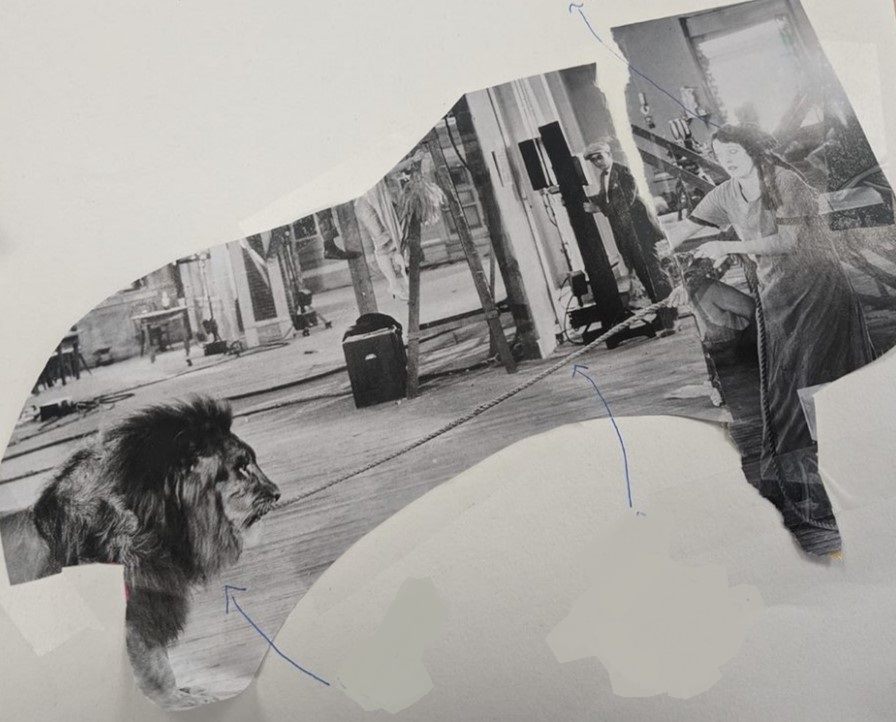What is the Peninsula Mental Health Research Initiative?
The Peninsula Mental Health Research Initiative (PenMHRI) is a mental health research programme promoting close working between mental health services and public collaborators in the South West. It is part of a £30 million Mental Health Research Initiative launched by the NIHR and Department of Health and Social Care (DHSC) to help tackle the gap between local needs and mental health research activity.
Our aim for the three-year, NIHR-funded programme is to increase the capacity of the health and social care system to deliver high-quality research in mental health of direct relevance to service delivery and to improve services by better use of evidence.
To help us achieve this we are working with partners including those with lived experience, practitioners and organisations to identify key areas of uncertainty which can be addressed either through research or by adapting existing evidence to improve services and to deliver research projects to address major research questions.
Research news from the team
Our researchers are working with local partners to identify and shape the research questions that will benefit people and communities on the peninsula. Hélène Bonnici, PenMHRI Research Assistant tells us about a recent Young Person’s PPIE event with secondary school pupils in South West England to explore the effects of a therapy aimed at reducing self-harm:
‘The PenMHRI team are currently researching Dialectical Behavioural Therapy for Adolescents (DBT-A), aimed at reducing self-harm in school-aged children and young people. Recently we held an impactful patient and public involvement and engagement (PPIE) event with Young People from secondary schools.
The session explored different outcomes that this therapy has changed. Young people were invited to express their views and experiences using the medium of collages and metaphors. As well as sparking dynamic and energetic conversations, the session brought some deeply moving and crucial topics to light. This included living with depression and anxiety, difficulties with body-image and loneliness, PTSD following abuse, and “holding on to life even though it’s scary” (see image 2). Some shared how having therapy saved them, and how you need to want to change to accept help: “you have to be willing to change and step into a new person”. Another described the importance of learning to defend one’s younger self and ultimately of self-acceptance (see image 4).
It was a true privilege to create a space for the group to be heard and voice their invaluable perspectives! The researchers will be using the insights captured from this collaborative session to inform the next phase of their project.
In the coming months, we’ll be looking to meet again with this PPIE group to help shape the research materials.’
1. Grass Covered in Frost
This image was chosen to convey how therapy ‘defrosts your shyness’: “The frost is your shyness and [you] open up and bloom. As you defrost the plant goes green and opens up.”

2. A lion holding one end of rope, whilst a woman holds the other.
This image represents how therapy helped this person hold on to life: “The lion represents life. The rope: holding on even though it’s scary and you don’t want to. The woman: the therapist helping you to hold on. The rope represents therapy.”

3. Roaring Bear with bloodied snout
This was chosen to show how difficult therapy can feel: “He [the bear] feels kinda sad, he seems scared and confused, he doesn’t know what happens. This is like when you get to the deep bits of therapy.”

4. Older and younger self
One young person described how before therapy they were scared of themselves, how they’d felt, and what they’d been through, but therapy helped their ‘older self’ to learn how to defend and protect their ‘younger self’ and to accept who they were.

About the authors
Hélène is a Research Assistant in the Patient and Public Involvement and Engagement (PPIE) team. She works closely with the Peninsula Mental Health Research Initiative Team (PenMHRI), to support involvement of patients and the public in shaping mental health research, which aims to improve healthcare services.




